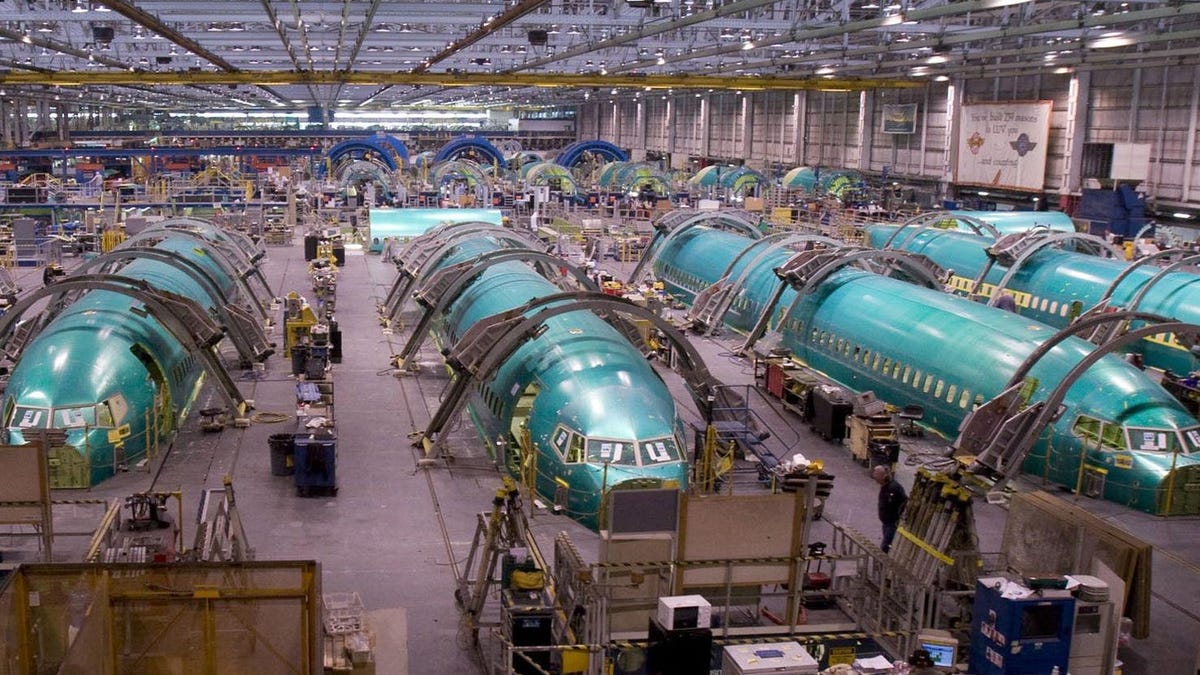Bussiness
Boeing is hitting a snag in buying its 737 Max fuselage supplier

Boeing is getting close to reacquiring the supplier who built the 737 Max 9 fuselage that lost a door plug mid-flight earlier this year. The Wall Street Journal and Bloomberg are reporting that details of a potential $4 billion deal for former subsidiary Spirit Aerosystems are getting clearer.
The Journal notes that one thing that has complicated talks is that Boeing has been burning too much cash to do an all-cash deal. The company has been slowing down production speeds and deliveries in order to focus on safety and quality improvements that Federal Aviation Administration officials are on the ground to ensure happen. Because those developments have crimped the company’s cash flow, it is borrowing billions of dollars to tide it over and is looking instead to fund the deal with stock.
Should Boeing stock turn around from its current doldrums — shares are down more than 30% so far this year — that could represent a nice return for Spirit shareholders. Bloomberg reports that a potential swap currently pencils out to a $35-per-share offer, which is more than the $31 that Spirit shares are currently trading for. Boeing and Spirit declined to comment to the outlets on where negotiations stand.
Another complicating factor is that Spirit also works on parts for Boeing’s rival Airbus, and those operations would need to be separated out before a final agreement can be reached.
Spirit was part of Boeing until it was spun out in 2005. Because it is outside of the company, executives suspect that the distance may have created gaps in quality controls. Whenever Spirit fuselages would fall behind schedule, the parts would be transported unfinished to Boeing facilities in a practice called “traveled work.” An initial investigation into the 737 Max 9 door plug blowout revealed that fuselage in question was on a traveled-work trip when Spirit and/or Boeing crews forgot to install key bolts that held the door plug in place.
Outgoing Boeing CEO Dave Calhoun said in a March CNBC interview that reducing a traveled work is a big motivator for getting a deal done.
“It’s a critical supply for us, critical,” he told the outlet. “It’s our fuselage. When you go out in the factory, the first thing you’re going to see is our fuselage. It’s a Boeing fuselage. Our job is to make sure mechanics and engineers freely travel between the shop floor and the design effort, and that they can help one another every step of the way. Vertical integration is the only way to accomplish that.”


)






